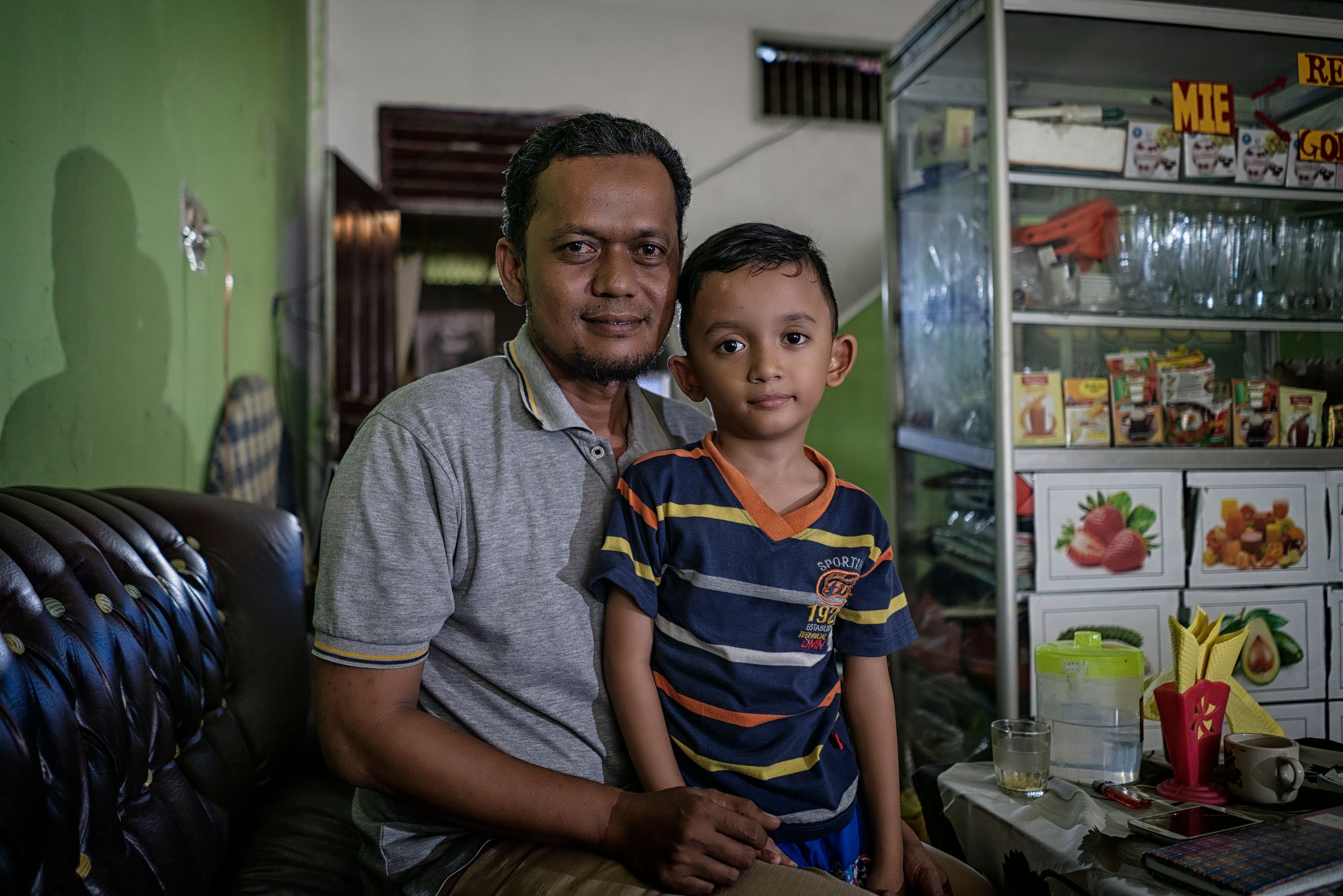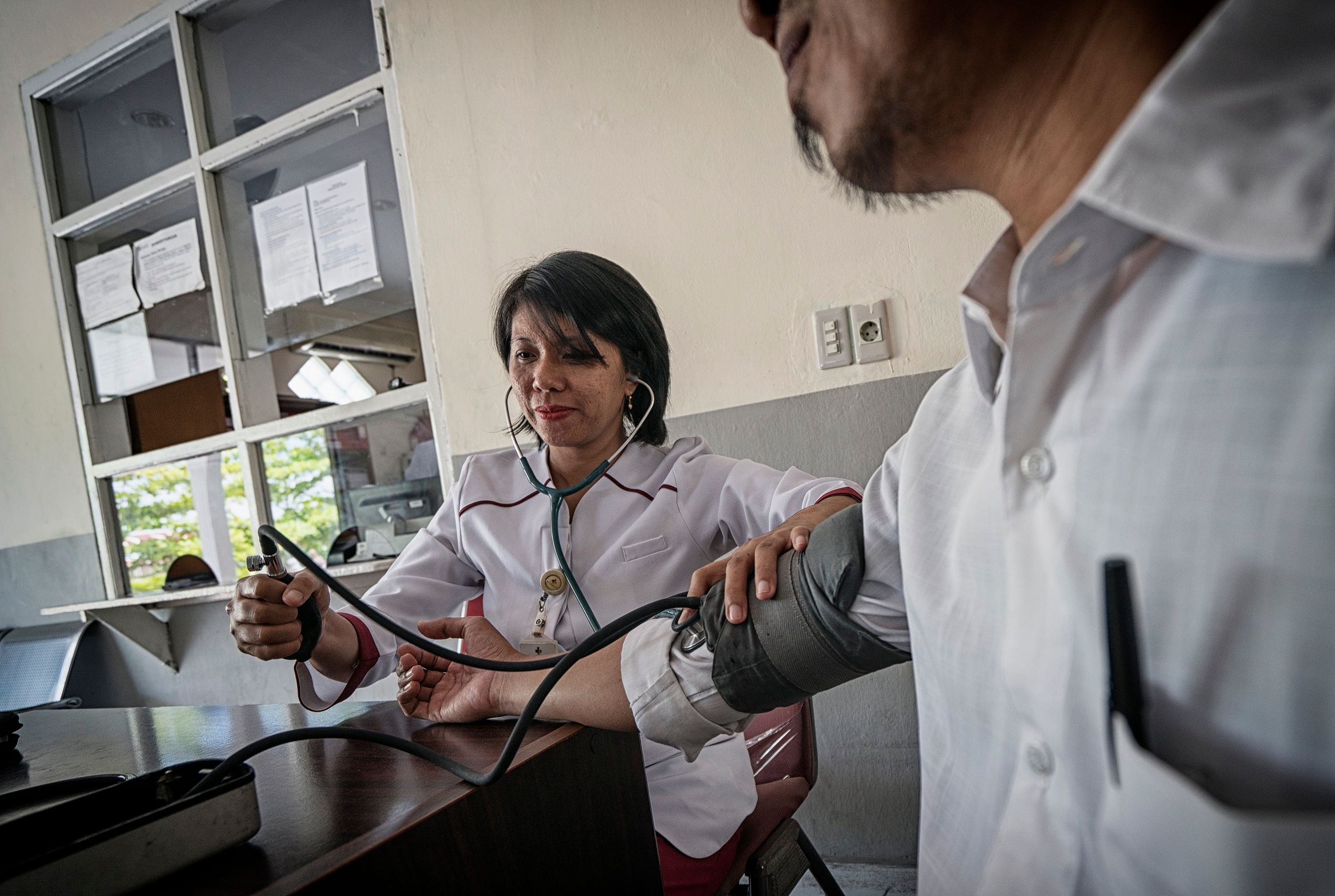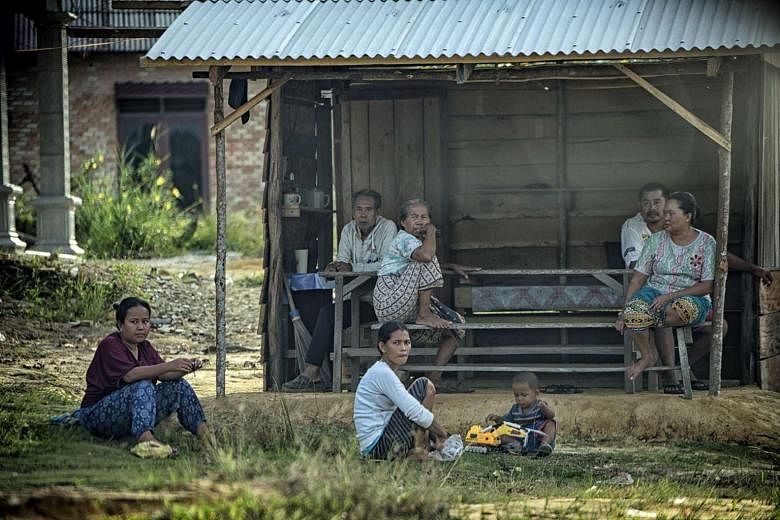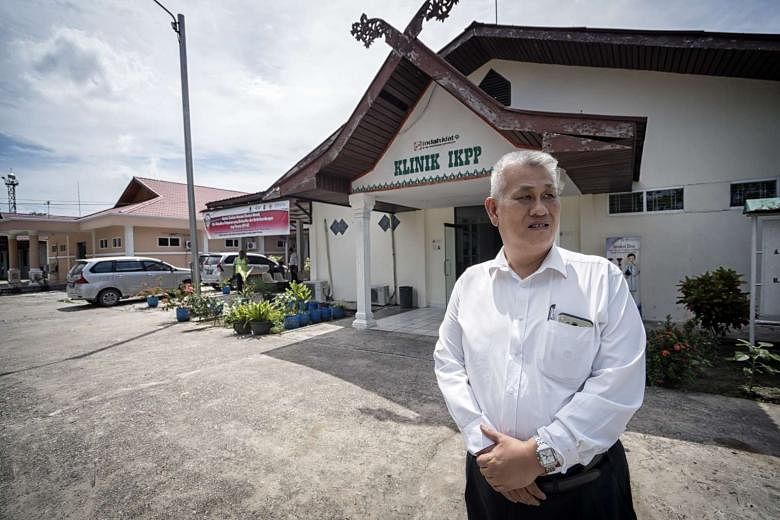PEKANBARU - A permanent blanket of smoke and a stifling charred smell permeating the air - these were the abhorrent living conditions many had to endure for months during the 2015 haze.
A combination of factors, such as the illegal slash-and-burn practices of some farmers, the dry weather due to the El Nino season and the flammable nature of peatlands, caused forest fires in the provinces of Riau, Jambi and South Sumatra to quickly get out of hand.
What arose was a haze crisis in South-east Asia that lasted approximately four months.
Among those most badly affected were residents in Pekanbaru, the capital of Indonesia's Riau province, which is about 280km away from Singapore. There, the Pollutant Standards Index (PSI) reached a staggering 1,065 on Sept 14, 2015.
The city has a population of about 1,090,000. A majority of whom work in the agriculture industry as farmers or researchers. Some others are business owners whose income relies on those who visit the city.
As conditions worsened, thousands began fleeing the city to neighbouring Medan, or west to Padang.
Flights were grounded, and at times, visibility was reduced to between 100m and 200m.

Bad for business
Café owner Bambang Suhendro, 43, recalls having very few customers during that period.
He says: "During the 2015 haze, we would go days without seeing any customers. It was frustrating for my wife and me.
"Most of our customers are working adults who drop by after work with their colleagues and friends. The haze caused them to rush home after work to escape the bad air conditions.
"It was hard seeing children constantly coughing and falling ill. It was not just my own children, but those of every other family I knew. The adults shared tips on managing the difficulties and updates on which places were less badly affected."
Stopping the haze
Mr Suhendro says it was a tough time, but that the Indonesian government and some major companies have been helping to stop the haze.
"I know that Asia Pulp and Paper gave out free masks during the haze in 2015 and has been trying to find solutions to ensure the air quality never gets that bad again," he says.
"I am relieved and happy that we have had clean air in the past year."
He adds: "My children can go to school safely and we do not have to spend money on medication. People are able to take part in outdoor activities again."

Nurse Ance Wovita, 33, a resident of Pekanbaru, says she is pleased she no longer sees a huge number of cases of children with upper respiratory tract infection (URTI), asthma or other related health problems.
Recalling the situation at Perawang Clinic during the 2015 haze, she says: "The clinic is more affordable than a hospital, so during the haze period, most locals brought their children to Perawang Clinic.
"The clinic staff had to attend to more than 400 patients in 24 hours. It was disheartening to see that so many of them were children with URTI."
Ms Wovita says she used nebulisers - a device that allows medication to be inhaled through the mouth and nose - to help them and that children and babies found it uncomfortable.
The clinic was well-equipped and no patient was turned away, she adds.
Despite the tiring shifts and continuous stream of patients, Ms Wovita still loves her job.
Being a nurse has always been her dream and she likes helping others, she says.
"As a nurse, I know the struggles that come with the job. Once in awhile, some patients will show their appreciation," she says.
"On several occasions, children whom I have attended to would thank me when they see me outside. It is heartwarming to know I have affected others positively."
This article is brought to you by Asia Pulp & Paper.




